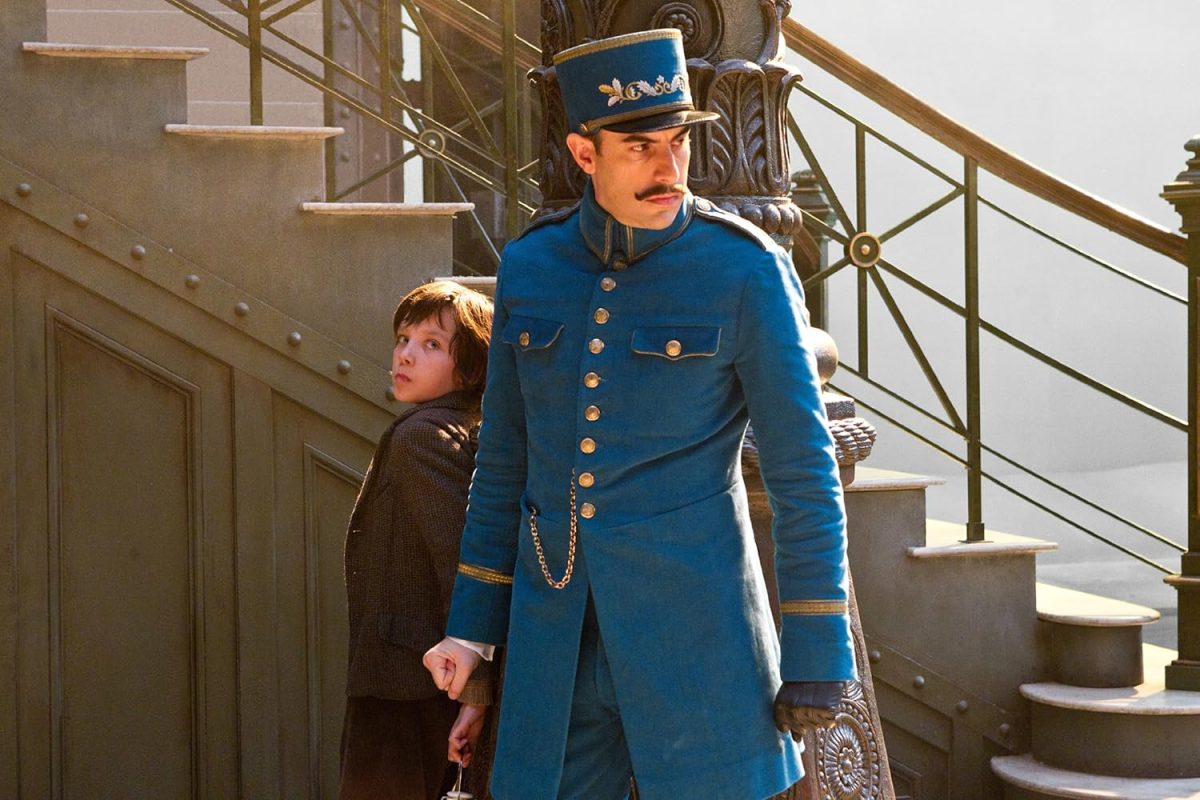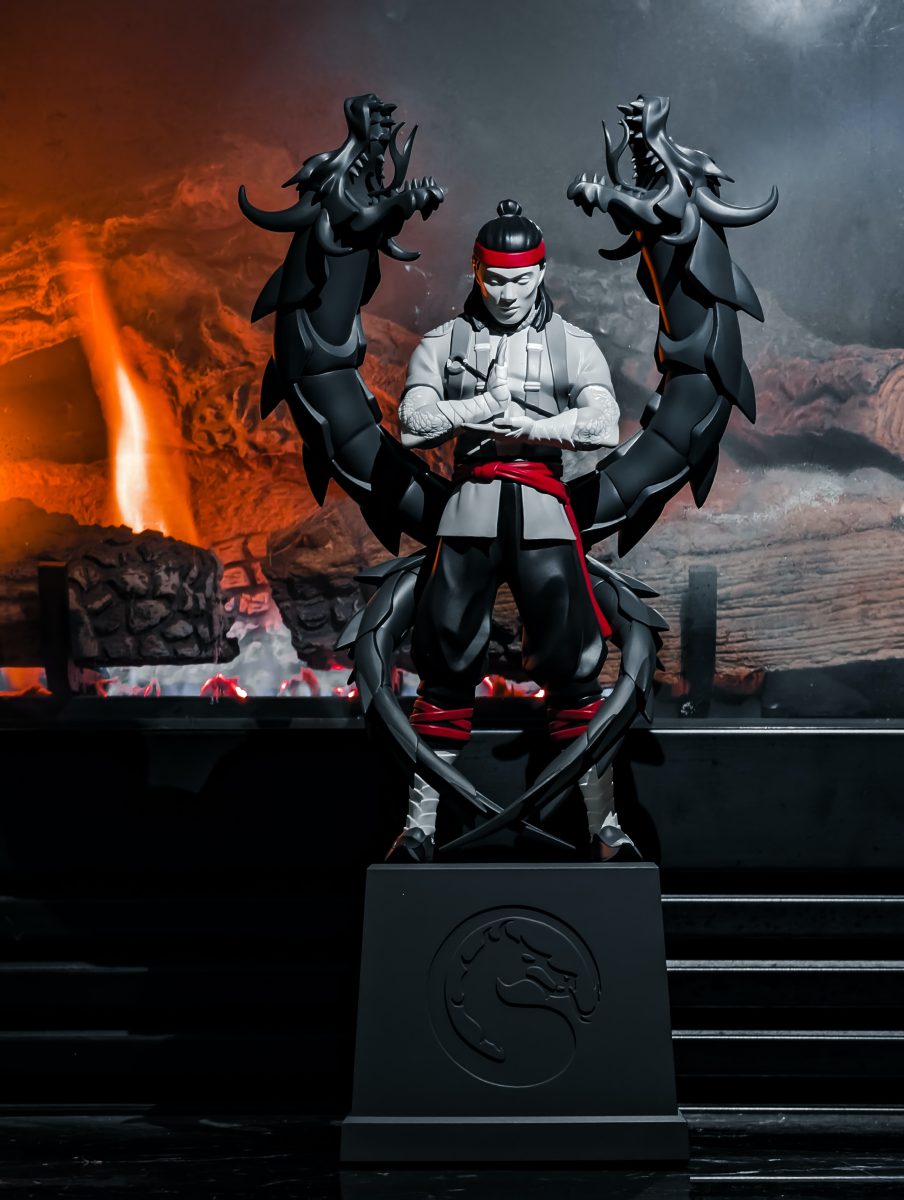Despite the implication of the name, White Day is not a celebration of colonization or racism but a day of love. In Asian countries such as Japan and Korea, people reciprocate presents and feelings from Valentine’s Day on White Day which occurs a month after Valentine’s Day, March 14th.
In these countries, Valentine’s Day is typically observed with women giving gifts of chocolate to those they love. On White Day men respond with their own gifts of sweets, flowers, jewelry, etc. However, men can give gifts as their own declaration of love without being given a gift on Valentine’s Day. Traditionally, gifts on White Day are supposed to be three times the worth of the original present.
White Day was created by Ishimura Manseido (a Japanese sweets shop). Zengo Ishimura, an executive at Ishimura Manseido, read a letter in a magazine with a woman saying, “It’s not really fair that men get chocolate from women on Valentine’s Day but they don’t return the favor. Why don’t they give us something? A handkerchief, candy, even marshmallows…” This inspired Zengo Ishimura to have a day where men could show their gratitude to women through marshmallows.
He created a sweet specifically for this occasion from marshmallow paste and chocolate, and his female employees chose the date for the occasion. In 1978, Marshmallow Day was celebrated for the first time. Later its name was changed to White Day to reference marshmallows.
In recent times, people have been observing White Day differently. Many have used the occasion as a second Valentine’s Day if they forgot to celebrate their loved ones or weren’t in a relationship when Valentine’s Day occurred. Additionally, people receive gifts on Valentine’s Day even if they aren’t male. This resulted in people reciprocating their love on White Day regardless of their gender.
Unlike in Western countries, chocolate is not considered a form of romantic expression but rather of platonic feelings. Chocolate is still given on White Day with six different significant meanings:
- Giri choco, or ‘obligation chocolates’, are given to colleagues or classmates. It is customary to give these chocolates regardless of how well you know or care about them.
- Kaxoku choco, or ‘family chocolates’, are given to family members to show gratitude towards their loved ones. Typically these chocolates are homemade to show that they care with the larger effort.
- Tomo choco, or ‘friend chocolates’, are given to friends to show appreciation. This practice is similar to Galentine’s Day. Men can give tomo choco to their friends regardless of their gender on White Day.
- Gyaku choco, or ‘reverse chocolates’, are given to somebody you love (romantically). These chocolates are called reverse chocolates because White Day is complimentary (or the reverse) to Valentine’s Day where traditionally women give men chocolates.
- Honmei choco, or ‘True Feelings’, chocolates are given to somebody as a romantic expression. Unlike gyaku choco, these are chocolates that are unexpected and a confession of one’s feelings. It is customary to accompany the gift with a message expressing your feelings of love.
- Jibun choco, or ‘self-chocolates’, are the best chocolates on any holiday. The chocolates are bought and given to yourself to treat and indulge oneself in an expression of self-love.
White Day may not be as widely celebrated in the West, but even people outside of Asia may celebrate the holiday because it is important to show appreciation to those in our lives.














